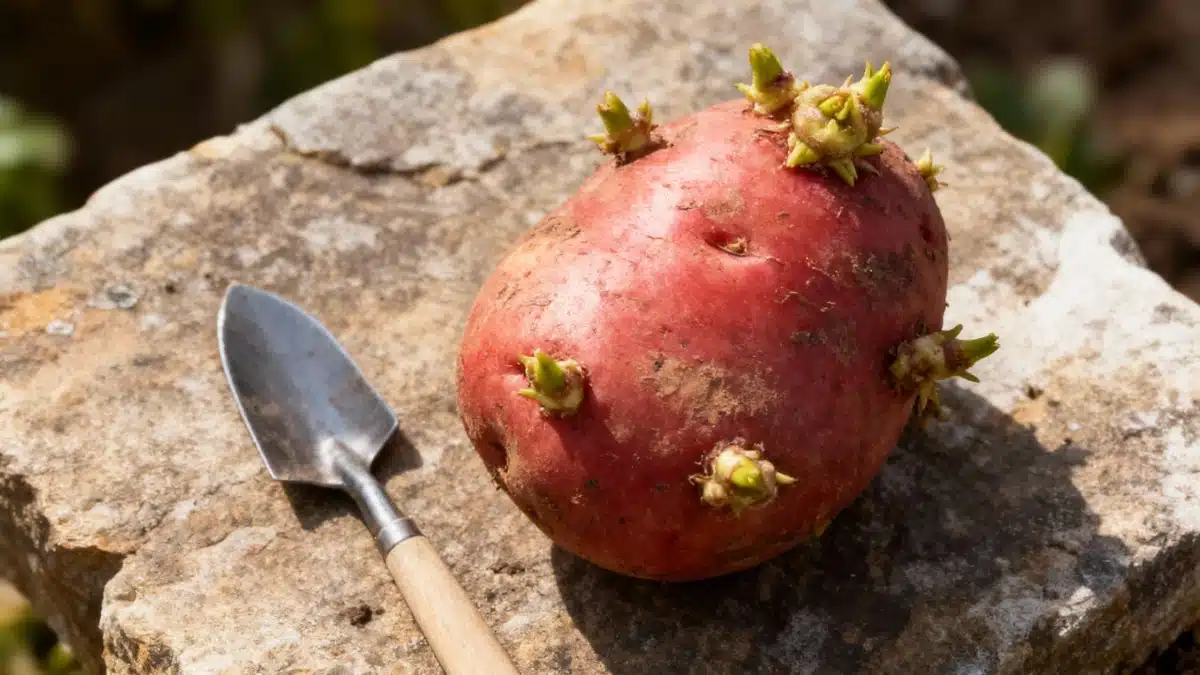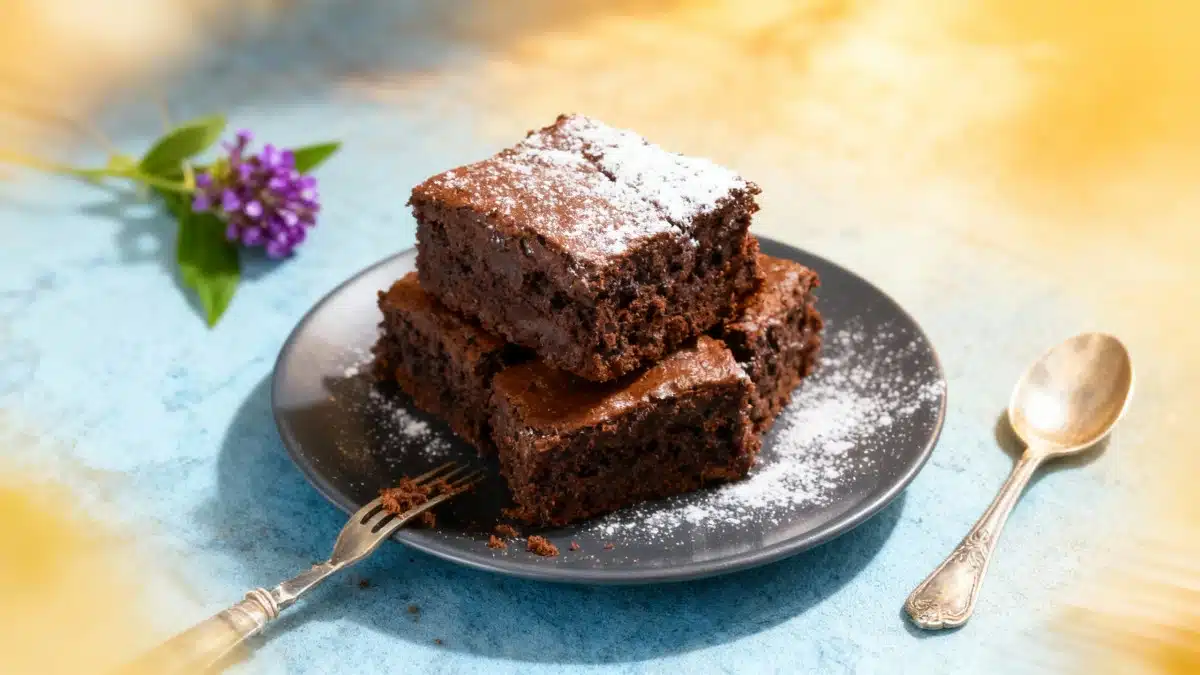Potatoes: silent rulers of the kitchen, masters of disguise in a gratin, a creamy mash, or the crunchiest of fries. Yet, as dependable as they seem, leave them unattended for a moment and they sprout antennae faster than you can say ‘mashed potatoes for dinner again?’ If you’ve ever found yourself wondering why your potatoes sprout so quickly—and what you can do to outsmart them—you’re not alone. Let’s lift the lid on why these pantry queens go feral, and the surprisingly simple trick that keeps them fresher for longer.
Why Do Potatoes Sprout So Fast?
First, a confession: potatoes are humble, but they come with big demands. Give them just a touch of light or let the temperature creep a bit higher than it should, and suddenly you’re hosting a germination party you never consented to. These quiet staples proudly preside over our kitchens, but beneath that unassuming skin, the urge to sprout is always bubbling.
But it’s not just about keeping the potatoes out of the compost heap for as long as possible! The quest is for firm, sprout-free spuds, ideally without needing to invest in a medieval cellar or the most high-tech fridge money can buy. Fortunately, a few simple storage rules can make all the difference.
Key Storage Rules: Darkness, Fresh Air, and the Right Temperature
- Banish direct light. Exposure to light doesn’t simply accelerate sprouting—it also encourages those infamous green spots. Those greenish patches mean solanine, and solanine means ‘not for dinner tonight’ (at least if you value your health). So, always prefer a dark cupboard, or better yet, a cool, well-ventilated cellar.
- Mind the temperature. The sweet spot for storing potatoes is between 6 and 10°C. Drop below that and the starch transforms to sugar, turning your future fries weirdly sweet. Go higher, and it’s sprout city.
- Let them breathe. Say no to suffocating plastic bags. Instead, let your potatoes loaf around in nets, baskets, or perforated paper sacks where fresh air can circulate. Yes, like us, potatoes just want to breathe!
The Golden Trick: Store with an Apple (But Not an Onion!)
Ready for the trick? Here it is: prolong the life of your potatoes by inviting a guest star into their circle—a simple apple. Yes, the everyday apple. This humble fruit gives off ethylene, a natural gas which, in the right microclimate, delays those pesky sprouts from erupting on your spuds.
Here’s what to do:
- Place one apple in the center of your potato sack or basket.
- For best results, keep this ensemble in a cool, dark place.
But there’s a plot twist: what works with apples can literally backfire with onions. Keep your potatoes and onions (and shallots) far apart. Onions, lovable as they are, will accelerate potato sprouting with alarming speed. Mealtime harmony depends on everyone respecting personal space.
Sorting, Trimming, and Staying Sane: Practical Potato Maintenance
- Don’t panic at a little sprout. A tiny germ doesn’t mean your potato is a goner. Just slice it off with a knife and move on. But if the potato is soft, green-tinted, or marked with black spots, skip it altogether.
- Get in the habit of regular checks. One rotten potato can send your whole stash downhill. Spot trouble early and cull the offender—better one gone than the whole lot spoiled (and nobody likes a mass potato funeral in the kitchen trash).
When potatoes are properly stored, they’re always at the ready to bring delight to the table—no unsightly sprouts in sight. Just imagine the transformation: an organized corner, an apple on patrol, onions exiled, and content potatoes simply waiting for their moment to shine (in oil, in an oven, or under a dollop of butter).
So, take a minute to rethink your potato’s living quarters. Add an apple or two, keep those onions out of the room, and you’ll be rewarded by grateful, long-lasting potatoes. Who knew that just a bit of order in the cupboard could make all the difference?

John is a curious mind who loves to write about diverse topics. Passionate about sharing his thoughts and perspectives, he enjoys sparking conversations and encouraging discovery. For him, every subject is an invitation to discuss and learn.






